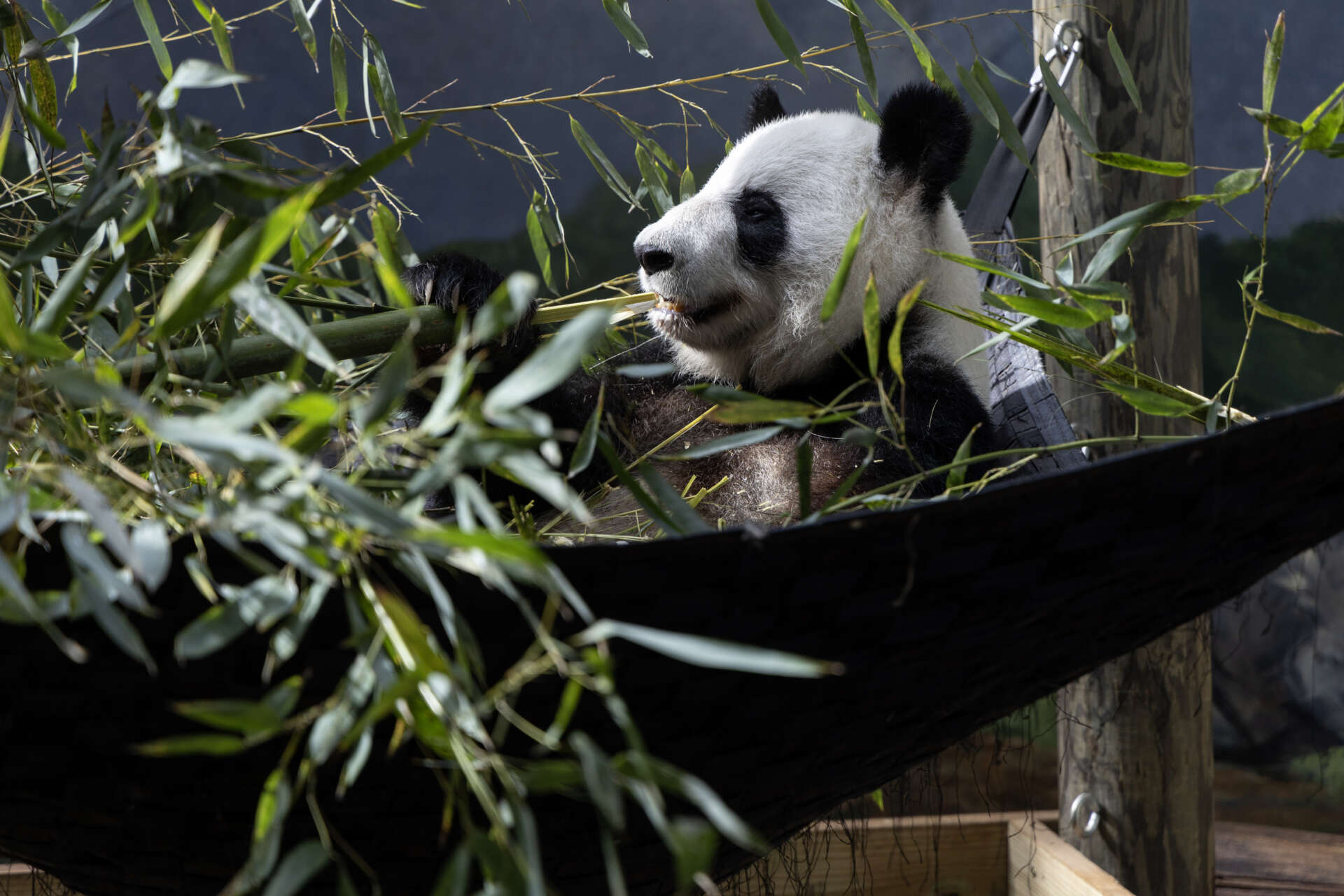Summary of GIANT PANDAS FROM ZOO ATLANTA WILL TRAVEL TO CHINA IN LATE 2024:
Zoo Atlanta has announced that their giant panda agreement with China, set to expire in late 2024, will see the departure of the zoo’s beloved giant pandas Lun Lun, Yang Yang, Ya Lun, and Xi Lun to China in the fourth quarter of 2024. Preparations for their transfer are underway, including the application for international travel permits. The exact timing of the move will be determined in collaboration with Chinese partners and announced to the public in advance. This follows Zoo Atlanta’s earlier communication in November 2023 about the pandas’ expected departure.
No future plans have yet been discussed for continuing the giant panda program at Zoo Atlanta after the agreement expires. Meanwhile, the zoo plans to celebrate its 25-year legacy with a Summer of Celebration starting June 1, 2024, featuring cultural and educational activities.
The partnership between Zoo Atlanta and Chinese conservation efforts, dating back to the mid-1990s, has fostered significant contributions to panda conservation, including over $17 million towards wild panda conservation efforts and the successful birth of seven pandas at the zoo, contributing to the species’ population.
– The logistics of transporting giant pandas from Zoo Atlanta to China as part of a global conservation effort
– An overview of Zoo Atlanta’s involvement in the conservation and research of giant pandas over 25 years
– The impact of habitat loss on the giant panda population in the wild and conservation strategies
– The role of zoos in wildlife conservation and the future of panda conservation post-2024
Giant pandas at Zoo Atlanta, namely Lun Lun, Yang Yang, Ya Lun, and Xi Lun, are scheduled to travel to China in late 2024, marking a significant milestone in zoo-managed conservation programs. This move underlines zoos’ critical role in global conservation efforts, particularly for species at risk. With the looming expiration of Zoo Atlanta’s giant panda agreement with China, transporting these beloved animals requires extensive planning, international collaboration, and a deep understanding of the pandas’ biological needs and the logistics involved in such a transfer.
Zoo Atlanta has been a significant player in the conservation and study of giant pandas since the mid-1990s, even before Lun Lun and Yang Yang’s arrival in 1999. The partnership with Chinese conservationists and researchers has yielded substantial dividends in the understanding and care of giant pandas, contributing more than $17 million to conservation efforts. These efforts have supported various activities, from habitat reforestation and ranger support on nature reserves to comprehensive genetic diversity studies. Such comprehensive engagement is critical, considering that fewer than 1,900 giant pandas are believed to remain in the wild, with the majority living in nature reserves.
Habitat loss and fragmentation are distinct challenges facing wild giant pandas, a pressing issue that underscores the importance of sustained and multifaceted conservation strategies. Contributions from Zoo Atlanta have been pivotal in addressing some of these challenges, indirectly enhancing the potential for giant panda survival in their natural habitat. The educational and research programs spearheaded by the zoo have also played a crucial role in fostering a deeper public understanding of giant pandas and their ecological plight, further supporting conservation initiatives.
Moreover, the success of Zoo Atlanta’s breeding program, which has seen the birth of seven giant pandas since 2006, highlights the potential of zoo-based conservation efforts in bolstering populations of endangered species. The offspring of Lun Lun and Yang Yang, which include two sets of twins, underscore the success of carefully managed breeding programs, with several of these pandas successfully integrating into the breeding population at the Chengdu Research Center of Giant Panda Breeding in China.
The scheduled transfer of Lun Lun, Yang Yang, Ya Lun, and Xi Lun to China in late 2024 is not merely a logistical endeavor but a testament to the global commitment to conservation. It exemplifies the transnational cooperation necessary to ensure the survival of species like the giant panda. The move requires meticulous planning, encompassing health checks, dietary considerations, and acclimatization strategies. This process highlights the complexity of international conservation efforts and the commitment of institutions like Zoo Atlanta to the global stewardship of biodiversity.
Looking ahead, the future of panda conservation post-2024 remains a topic of great interest. While detailed discussions about the continuation or adaptation of Zoo Atlanta’s giant panda program are pending, the emphasis on long-term species conservation remains a priority. Zoos around the globe are increasingly recognized as vital components in the conservation matrix, offering not only refuge for endangered species but also acting as centers for research, education, and public engagement.
In conclusion, the transfer of giant pandas from Zoo Atlanta to China is a momentous event, symbolizing the ongoing efforts and challenges of wildlife conservation in the 21st century. It is a powerful example of how structured, science-based conservation programs, supported by international cooperation and public engagement, can play a crucial role in preserving our planet’s biodiversity. The legacy of Zoo Atlanta’s giant panda program, marked by significant contributions to conservation, research, and education, will continue to influence the field of zoology and the global approach to wildlife conservation.


